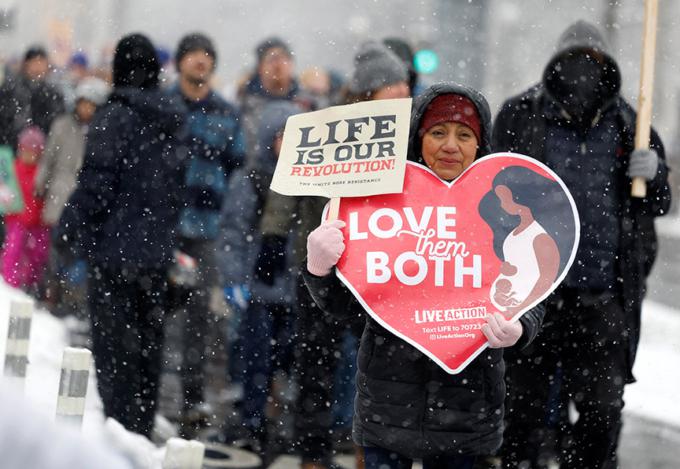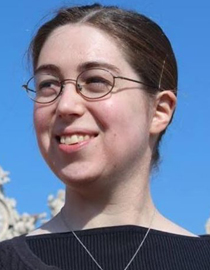
Faith
In more typical parish settings, perhaps the pro-life intention might be "hidden" and implicit rather than explicit and obvious in a given intercession.

Cooper
Q: If, indeed, abortion is the church's preeminent issue, then why don't we hear a pro-life petition as part of the Prayer of the Faithful at every Mass?
A: Many parishes do include a pro-life intention as part of the Prayer of the Faithful at Mass every week. However, it is true that including a pro-life intention is not a stated requirement.
The General Instruction of the Roman Missal (i.e., the master universal "instruction book" for how Mass is to be celebrated) tells us that: "The intentions announced (during the Prayer of the Faithful) should be sober, be composed with a wise liberty and in few words, and they should be expressive of the prayer of the entire community" (See GIRM 71).
In a roundabout way, this paragraph of the General Instruction is letting us know that, unlike other prayers of the Mass, such as the offertory or the consecration, the Prayer of the Faithful is meant to be somewhat more "free form." Although practically speaking there are Catholic publications that can provide parishes with suggested verbiage for the various intercessions of the Prayer of the Faithful, the church's law envisions each parish composing their own intercessions, so as to best express the actual intentions on the minds and hearts of the faithful in a given parish or diocesan community.
Still, the General Instruction of the Roman Missal does give us some guidelines on what these intercessions should encompass. GIRM 70 indicates that: "The series of intentions is usually to be: a) for the needs of the Church; b) for public authorities and the salvation of the whole world; c) for those burdened by any kind of difficulty; d) for the local community. Nevertheless, in any particular celebration, such as a Confirmation, a marriage, or at a funeral, the series of intentions may be concerned more closely with the particular occasion."
In light of these statements from the GIRM, my thought is that, if you are not hearing a specifically pro-life intention during the Prayer of the Faithful, this might be due to one of several reasons.
First, it could be that other kinds of intentions were seen as more pertinent to a given community or in a particular circumstance. For instance, it may be eminently appropriate to include a pro-life intention during the Sunday Masses at a Catholic chapel or Newman center serving a secular university. But it might not be as much of a pastoral priority to specifically pray for pro-life causes at the funeral Mass for the grandmother of a large and devout Catholic family, as this might be perceived as merely "preaching to the choir" rather than offering a sincere prayer most relevant to the occasion.
In more typical parish settings, perhaps the pro-life intention might be "hidden" and implicit rather than explicit and obvious in a given intercession. For example, an intercession "for public authorities" to carry out their duties with a well-formed conscience might strongly imply that public leaders should do all they can to protect the sacredness of human life. Or a prayer "for those burdened by any kind of difficulty" might include women facing difficult pregnancy situations. Even without using the word "abortion," such intercessions would still be supporting the church's pro-life teachings.
On a similar note, it's good to keep in mind that while being pro-life does certainly mean opposing the act of abortion, it goes well beyond that. A true pro-life stance means supporting vulnerable women, creating spaces where children and families are welcomed, appropriately catechizing young people on the nature of sexuality and teaching them to form healthy relationships, and fostering a sense of the immeasurable worth and value of every human person. It could be the needs of a community -- and thus the specific wording of their intercessory prayers -- are more focused on one of these more foundational pro-life concerns.
- Canonist Jenna Marie Cooper is a consecrated virgin, a practicing canon lawyer, and columnist for OSV News.
Comments
Comments Policy
Recent articles in the Faith & Family section
-
The kingdom of ChristJaymie Stuart Wolfe
-
Pilgrims of hope -- Holy Year of 2025Father Robert M. O’Grady
-
Honor Mothers at Home and In the MissionsMaureen Crowley Heil
-
On the vineScott Hahn
-
What is the church's position on the treatment of animals?Jenna Marie Cooper


















